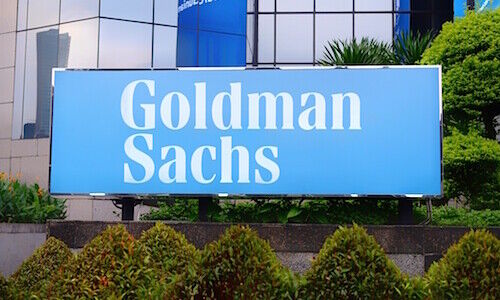Ex-HKMA Chief: «The Third Financial Crisis May Be on the Horizon»
A third financial crisis – distinctly different from that of 2008 or 1997 – may be on the horizon, according to Joseph Yam, former chief of the Hong Kong Monetary Authority.
«No two crises are the same, actually and strictly speaking what we are experiencing now […] cannot be described as a financial crisis,» said Yam in a Youtube video posted by the HKMA.
According to Yam, the 1997 crisis was a crisis of financial globalization when small and medium-sized countries opened up their financial systems to embrace international finance that capital of which he described as the «three V’s»: voluminous, volatile and vicious. Lacking focus on risk management subsequently led to its crash.
And on 2008, Yam called it a crisis of financial culture driven by the conflict between financial services users and providers. This led to excessive complexity, such as the widespread adoption of collateralized debt obligations, and consequently resulted in excessive risk in the system.
Triple Whammy
On the current crisis, Yam says it is markedly different as an economic stop is occurring not due to bankruptcy or the drying up of money. What’s more, he notes that issues from the two previous crises remain unresolved.
«There’s still a lot of money sloshing around in the world. The problematic culture is still there,» he said. «Now, where will this lead to? Particularly when the Fed and others are continuing to engage in quantitative easing, pumping a lot more money into the economy.»
Third Financial Crisis
Hong Kong’s GDP contracted nearly 9 percent – a more than 20-year high – while the unemployment rate reached rose to 6.2 percent. Banks are broadly expecting contraction in the city of up to 5 percent before an economic rebound in 2021.
«It’s very problematic,» Yam continued. «I wouldn’t like to forecast what is likely to happen but I fear that the third financial crisis may be on the horizon.»
Yam highlighted the strength of Hong Kong’s reserves and the expansion of fiscal policy to potentially offset some of the economic headwinds. He also praised the city’s financial secretary Paul Chan for running a budget deficit equivalent to 10 percent of GDP – a «very high figure» that was justified in a «very unusual situation».



























